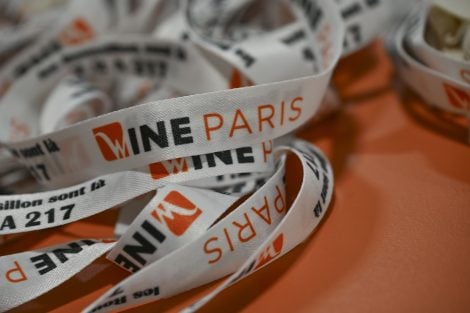No more American wine on the shelves of Canadian wine shops and stores. The striking yet firm protest against the Trump administration’s tariff policies is having its effect, as recently published data from Statistics Canada reveals that in April, Canada imported American wine worth only 2.9 million dollars — a 94 per cent drop compared to last year’s monthly average of 49.2 million dollars. In this context, imports from other wine-producing regions such as New Zealand and Australia increased by 31% and 28% respectively, while shipments from France and Italy rose by 13.6% and 7.6% respectively, according to Statscan. In short, Canadians are not backing down from the trade battle initiated by the Trump administration. So much so that Richard Dittmar, President and CEO of the Canadian company Trialto Wine Group, which imports to Western Canada, went so far as to state that he does not foresee consumers returning to American wine.
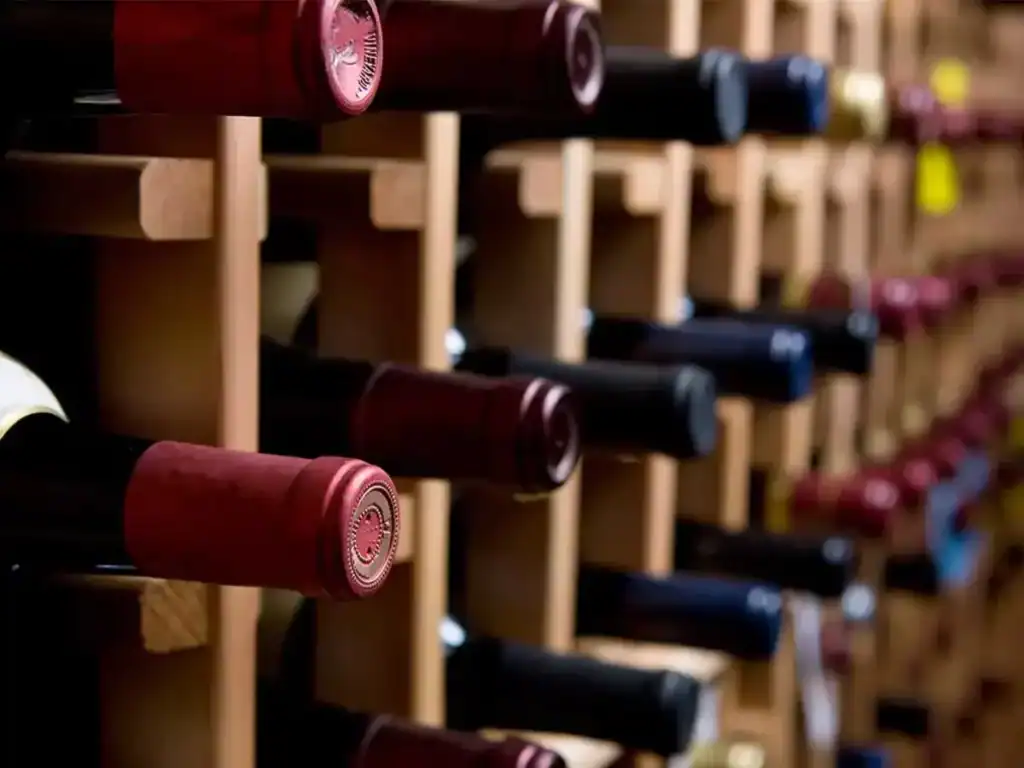
Retaliation against US protectionist policy
US trade data shows that shipments to many other countries have also dropped this year, although not to the extent seen in Canada, which is considered the largest export market for American wine. Immediately after the White House imposed tariffs on Canada at the beginning of March, provincial leaders acted to ban the importation of alcoholic beverages from the United States, in some cases removing products from shelves right away. A slight setback in the boycott occurred a couple of weeks ago when Alberta announced it would resume purchasing alcohol from the US, followed last week by Saskatchewan. Meanwhile, Ontario and Nova Scotia declared this week that they will not reverse their restrictions.
Better Australian and Argentinian Cabernet
The various bans have disrupted Canada’s multibillion-dollar wine import business, forcing companies to place emergency orders for Australian and Argentinian red wines to fill the gap left by American imports. However, the emerging trend suggests that even if the restrictions were lifted, industry leaders believe Canadians may stick with the protest, choosing to forgo California Cabernet Sauvignon.
Canada proceeds in scattered fashion
Although for much of the spring there was a de facto national embargo on US alcohol imports, the rules governing sales and distribution have varied by province. For instance, while wine, beer, and spirits produced in the United States are not sold at government-run liquor retailers in British Columbia, private retailers in the province can still sell such products, albeit with dwindling stocks. In Ontario, however, the regulations are stricter: for example, stocks of US wine are gathering dust in the Liquor Control Board of Ontario’s warehouses, making life difficult for importers in the province who act as intermediaries between foreign wineries and buyers, including restaurants.

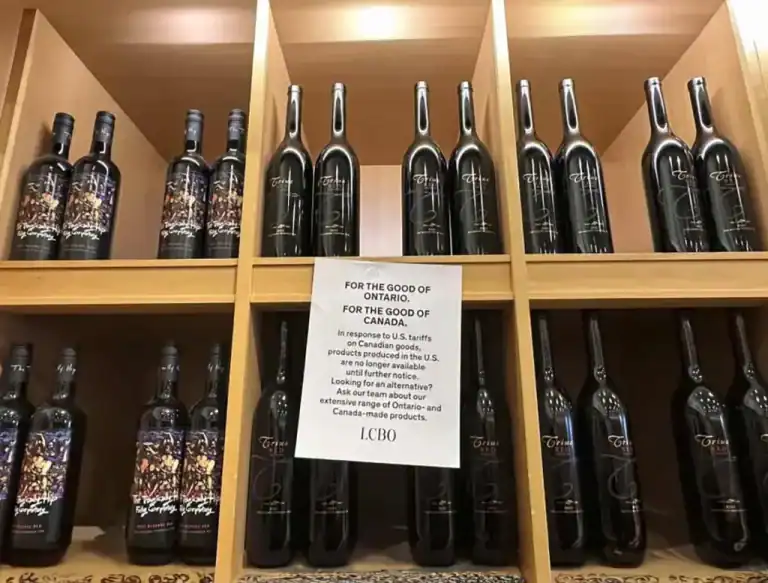
 The Paris restaurant where a different tasting menu is served every day
The Paris restaurant where a different tasting menu is served every day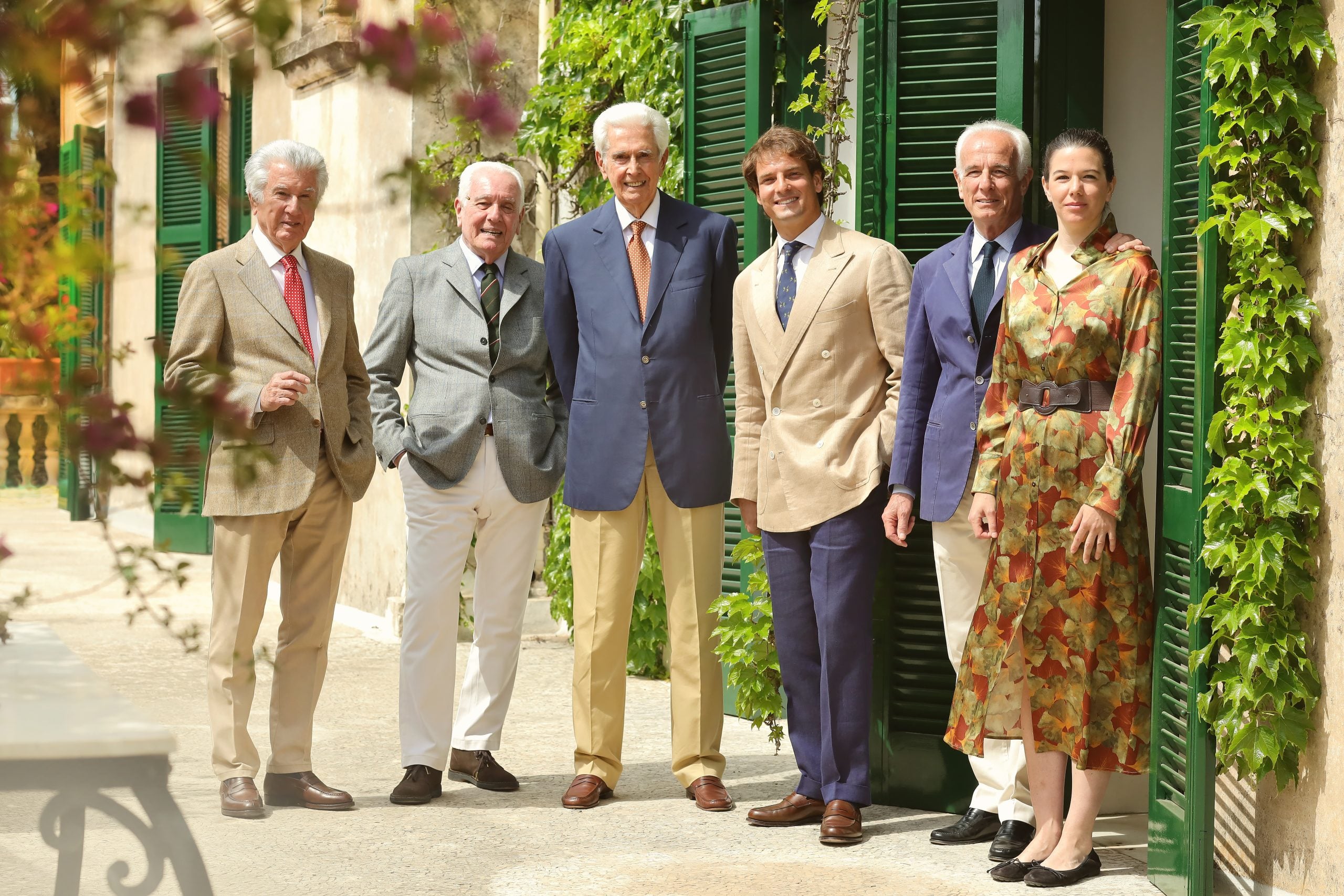 'Balance between evolution and continuity': the identity of Conti Zecca
'Balance between evolution and continuity': the identity of Conti Zecca Why the Italian wine industry should 'stick to it' in the US market
Why the Italian wine industry should 'stick to it' in the US market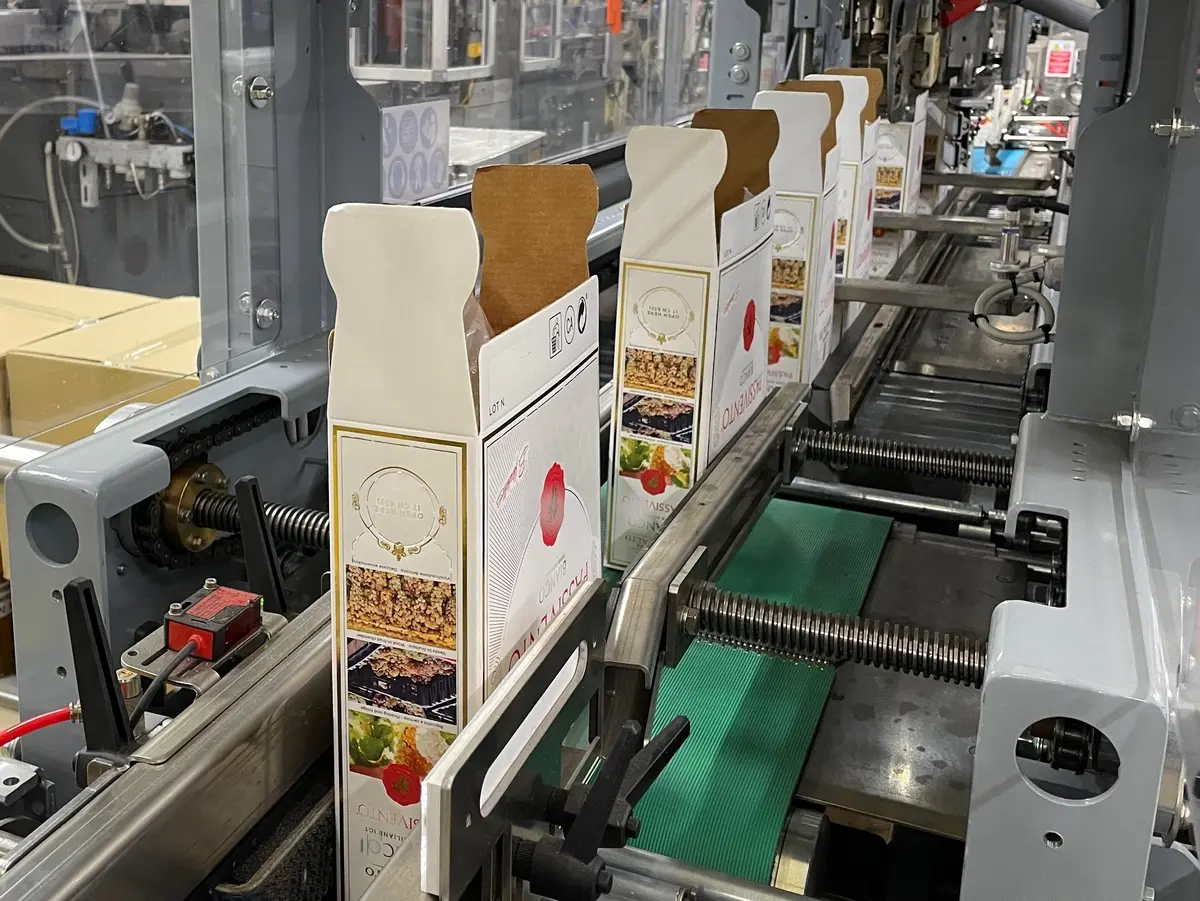 Langhe Nebbiolo DOC in bag-in-box: the rule change dividing producers
Langhe Nebbiolo DOC in bag-in-box: the rule change dividing producers 'Wine knowledge in Nigeria is evolving'
'Wine knowledge in Nigeria is evolving'
